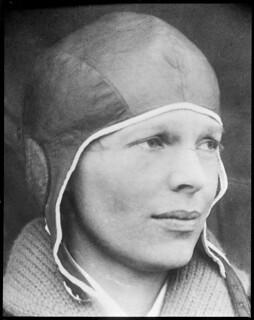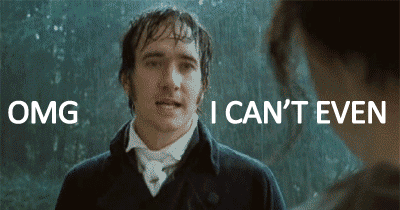Some fun Amelia Earhart news for the week! A film of Amelia Earhart, taken just before her final attempted flight around the world, surfaced recently after sitting on a shelf for fifty years.
In 1937, Earhart was preparing for a flight around the world. Photographer Al Bresnik went to take pictures of Earhart at Burbank Airport, and his brother, John, joined him. Unbeknownst to anyone, John took a short film of Earhart, and his son discovered the contents of the film decades later. Check out some of the footage in the Associated Press clip below:
It’s unclear whether this footage was taken before her first attempt or second attempt, but either way it’s a look at Earhart within a year of her disappearance over the Pacific.
It doesn’t add a lot to Earhart’s history or clear up any details of her disappearance, but for me it’s a reminder that the public is still interested in her life and her story. Learning about her during the research process for The Chance You Won’t Return was awesome, and i loved realizing why Alex’s mom connected to Earhart so deeply. Even these little glimpses of her feel like they give us a clearer picture into who Earhart was and where she went.





